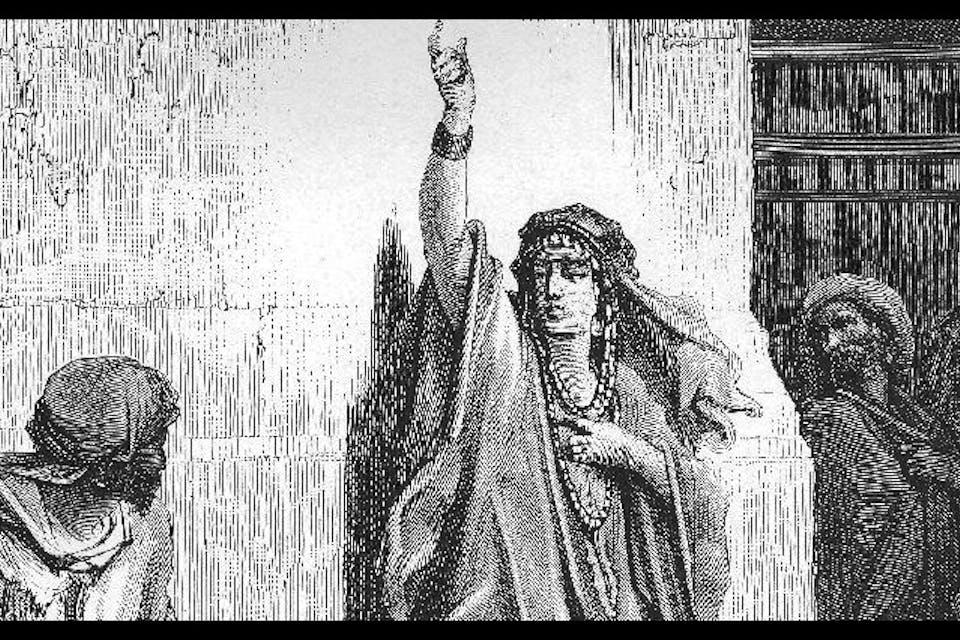
January 29, 2015
A Woman Who Fired the Torches
Why Jewish girls are named after the fierce prophetess Deborah.
Most epics involve heroic men leaving women to pursue adventure, victory, and conquest. Odysseus leaves his wife Penelope and the enchantress Circe, Aeneas leaves Dido, Homer’s Iliad is set in motion first by the theft of a woman, Helen, and then by an argument over the female spoils of war that erupts between the warlord Agamemnon and his mercenary Achilles, the poem’s hero.
But what does any of this have to do with Torah? It has to do with the haftarah for this week’s portion of Beshalah (Exodus 13:17 – 17:16), which concerns the military exploits of the prophetess Deborah. The story appears in the biblical book of Judges, a peculiar work that I often think of as a collection of absurdist parables. But this particular reading (Judges 4:4 – 5:31) is different. It strikes me as a mock-epic, and it never ceases to amaze me with its command of that form—and with its fine savagery.
The climax of the Iliad, the greatest heroic story ever told, is the confrontation between Achilles and the opposing general Hector. Having finally tracked him down, Achilles pursues Hector in Homeric lines thrillingly translated by Christopher Logue: